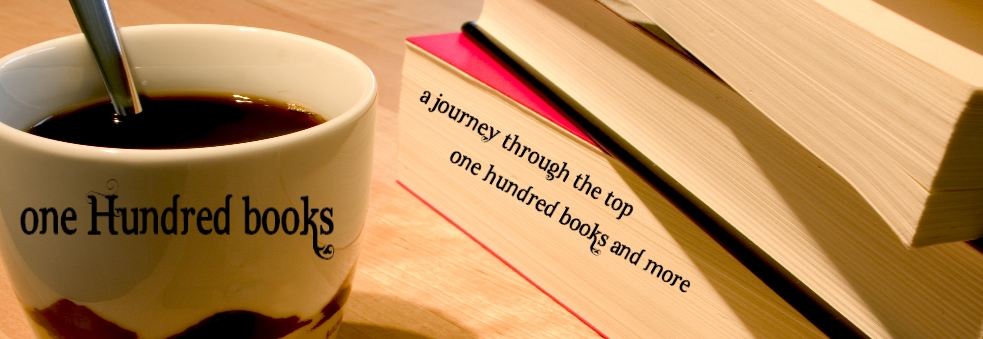Today I am thinking about my daughter.
I hold in my head today two views of women – one released today, one from the 1800s.
True confessions time: I have a continuing obsession with the musical group Duran Duran. This morning they released a video for their new song, “Girl Panic”. Those of us of a certain age know my boys for their outlandish music videos that lean to the racy side in their portrayal of women. The new video meets all those expectations and more. My daughter, a second generation Duranie, asked to watch the video. Sadly, after watching the premiere, I have to put my foot down and say, “No.”
 OK, I hear you – this is supposed to be a book review blog! Get on with it, already. As I watched the video for “Girl Panic”, I was struck by a sense of irony, because today I planned to blog on a book that paints a very different picture of women: Little Women, by Louisa May Alcott.
OK, I hear you – this is supposed to be a book review blog! Get on with it, already. As I watched the video for “Girl Panic”, I was struck by a sense of irony, because today I planned to blog on a book that paints a very different picture of women: Little Women, by Louisa May Alcott.Little Women is the story of the March sisters - Meg, Jo, Beth, and Amy - and their family. Set during the Civil War, the sisters mature and learn to cope with everything from poverty and serious illness to fashions and marriage. The characters are wonderfully developed; Alcott moves each one beautifully into our hearts as we watch them overcome their character flaws and grow into strong competent women.
This story is full of timeless positive values. Little Women models for us authentic family relationships; even through personality conflicts and misunderstandings, the March sisters are committed to each other and to their family unity. The girls are resourceful and practice sacrificial giving to each other and their neighbors. Though they are tempted to envy others who are more successful or have a higher social standing, ultimately they come to value themselves and the unique contribution each can make to the family and their world.
Written over 150 years ago, surprisingly this story is very modern in its views toward women. Each girl is expected to think for herself. Each chooses their own spouse; Jo travels to New York
Confidence, generosity, faithfulness, and resourcefulness – these are images I want to give my daughter – not scenes of overly made up stick thin women in stiletto heels drinking champagne and (ahem) behaving inappropriately. I’m not turning in my Duranie card yet, but my daughter and I will stay away from youtube and stick to cranking up the stereo in the mini van and jamming along to the great music.
I recommend Little Women to all girls, ages 14 and up. And, as always, read the book before you watch the movie!
Which books from your childhood do you recommend to your own children?






